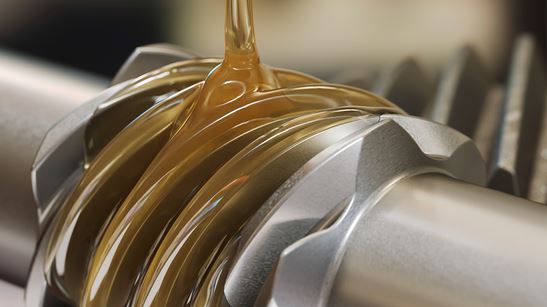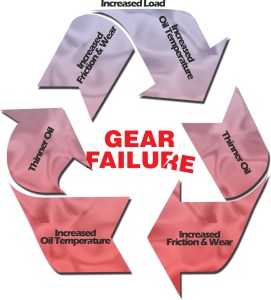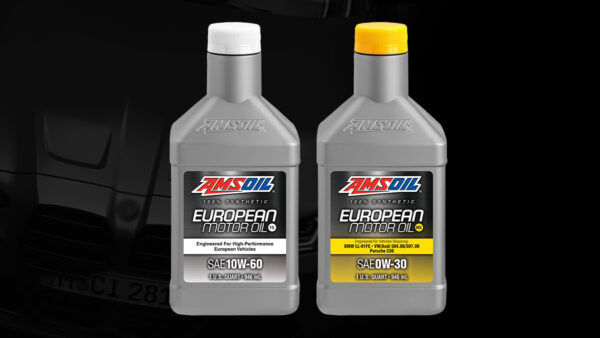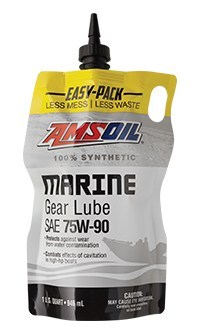Do Transmission Fluid Additives Work?
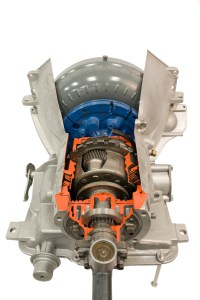 Walk the aisles of most auto parts stores and you’ll find multiple “mechanic-in-a-bottle”-type additives that claim to restore transmission performance. The claims made typically include some variation of the following:
Walk the aisles of most auto parts stores and you’ll find multiple “mechanic-in-a-bottle”-type additives that claim to restore transmission performance. The claims made typically include some variation of the following:
• Frees stuck valves to improve shifting
• Fixes transmission slipping
• Restores smooth shifts
• Stops leaks
• Conditions worn seals
Do they work?
If the Internet has given us anything, it’s a forum for angry debate among anonymous people. Although this topic may not fire the passions of many like the latest controversy, it still boasts adherents to both sides. Some swear by transmission fluid additives. Others pronounce them worthless.
What do they do?
First, let’s talk about what they are and what they do.
Your transmission fluid serves a few vital roles. It acts as a hydraulic fluid to enable shifting, protects gears and bearings against wear, manages heat and provides frictional properties to ensure smooth, consistent shifts.
Over time, the fluid deteriorates, especially if the transmission gets extremely hot from towing or hauling. Heat causes the fluid to oxidize, or break down. Fluids that break down allow sludge to form, which plugs narrow passages and interferes with shifting. Worn fluid can also fail to provide the correct frictional properties for your transmission. Eventually, you notice your vehicle shifting hard or erratically. Over time, the seals can also harden, causing them to crack and leak.
Transmission fluid additives are designed to restore the fluid’s properties responsible for providing the correct frictional properties, heat resistance and other benefits. Some include additives designed to soften and swell worn seals, purportedly “fixing” leaks.
They offer the advantage of costing less money than a fluid flush and replacement. And, let’s face it, most people would rather dump a bottle of additive into their transmission in the Napa parking lot than schedule a transmission fluid service at their mechanic.
The problem, however, is transmission fluid additives don’t work very well
Although they may provide a short period of improved performance, transmission performance can become worse over time.
“Our test data show some additives can provide a brief improvement in, for example, anti-shudder  durability, but it’s short-lived and performance quickly drops below industry standards,” said mechanical engineer Matt Erickson, AMSOIL Product Manager, Passenger Car. Wear protection follows the same trend. “In one case, a fluid treated with an aftermarket additive actually offered worse wear protection than the untreated fluid,” said Erickson. Cold-flow properties can also suffer, leading to delayed, elongated shifts on cold mornings.
durability, but it’s short-lived and performance quickly drops below industry standards,” said mechanical engineer Matt Erickson, AMSOIL Product Manager, Passenger Car. Wear protection follows the same trend. “In one case, a fluid treated with an aftermarket additive actually offered worse wear protection than the untreated fluid,” said Erickson. Cold-flow properties can also suffer, leading to delayed, elongated shifts on cold mornings.
Bottom line: transmission additives can harm your transmission
Towing increases harmful transmission heat.
The fact is, lubricant manufacturers work hard to formulate transmission fluids that deliver reliable shifts while guarding against wear and leaks. Aftermarket additives can disrupt the fluid’s finely tuned chemical balance and degrade performance. Plus, most vehicle and transmission manufacturers warn against using them.
If you’re experiencing transmission problems, don’t waste your money on a “miracle” solution in a bottle. Visit your mechanic and have the problem fixed. Then, invest the money into servicing your transmission properly with a high-quality transmission fluid. You’ll likely save time and frustration in the long run.
Many times just replacing the fluid with a proper well engineered transmission fluid will improve the issue. It’s one of the most neglected sumps on any vehicle.


